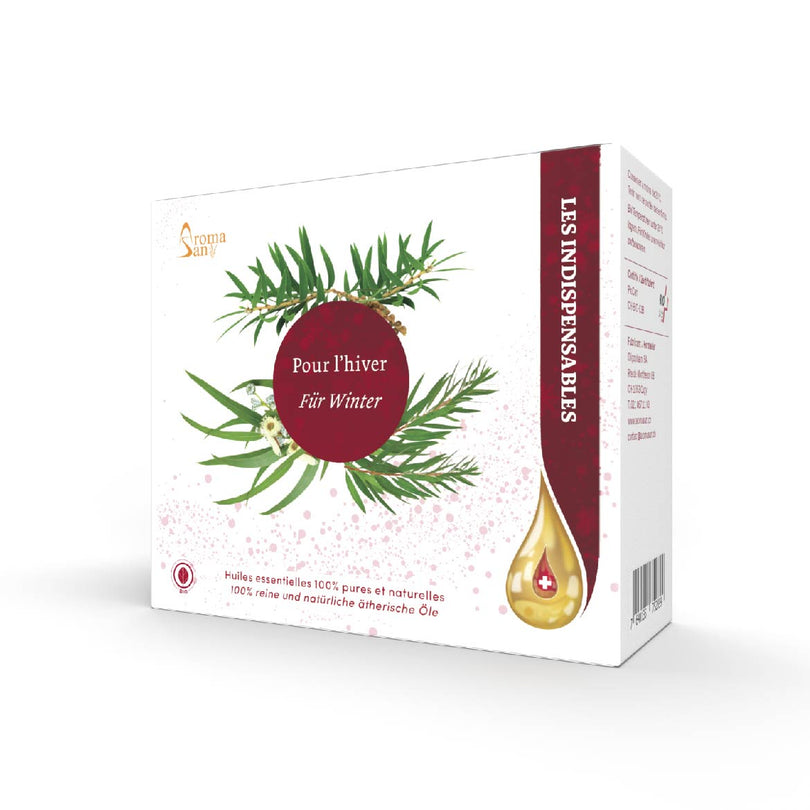How does our stomach cope when it is full of acid?
Acid reflux = danger
It is still believed that heartburn and acid reflux are caused by too much acid in the stomach.
It's wrong !
The stomach is made to be acidic. The more acidic it is, the better it works since its role is to dissolve (digest) food.
It even contains hydrochloric acid, that awful acid with which killers dissolve bodies in bathtubs in violent films, but which also dissolves simple foods.
You know this product which is only sold commercially in opaque gray bottles with secure caps, and a disturbing black image on an orange background:
How does our stomach cope when it is full of acid?
Nature has done things well: our stomach does not fear acidity. Its interior wall is covered with a thick layer of sticky material, mucus, which resists acid.
Problems only begin when this protection is attacked by drugs that dissolve mucus (aspirin, ibuprofen, diclofenac, mefenamic acid, and other nonsteroidal anti-inflammatories), when we smoke too much, or from a bacteria called Helicobacter Pylori.
This bacteria causes ulcers and stomach cancer…
Helicobacter Pylori is a very dangerous bacteria. After attacking the stomach lining and causing an ulcer, it can trigger stomach cancer.
The phenomenon was common in the past due to poorly pasteurized cans and foods preserved in brine or salting.
It is much less so today thanks to better production techniques and the development of fresh or frozen products and antibiotic treatments. Hence a sharp decline in ulcers and stomach cancers.
The painful problem of gastroesophageal reflux
Acid reflux into the esophagus (the tube connecting the mouth to the stomach) occurs when the valve that closes the stomach from above malfunctions.
Unlike the stomach, the esophagus does not have a protective mucus layer. The flesh is raw, and is easily attacked by hydrochloric acid.
You then experience an extremely painful burning sensation, which gets worse when you lie down and the contents of your stomach flow into your esophagus. The pain starts in the chest, behind the breastbone, and then moves up toward the throat. A bitter or sour taste may appear in the mouth, and symptoms become worse after a meal when the stomach is full.
It is a very common problem: it affects 15% of the world's population.
Resisting the Temptation of Anti-Acid Medications
The natural reflex is then to want to calm the problem by reducing the acidity of the stomach, which is very easy to do by swallowing products that neutralize the acidity.
Baking soda, calcium carbonate, magnesium or aluminum hydroxide are all commonly used products. The acidity of the stomach drops immediately when we swallow them because they are very “basic” materials (as opposed to “acids”).
Another very common type of medication for stomach pain are proton pump inhibitors (PPIs), medications that block the production of hydrochloric acid in the stomach: Omeprazole, Ezomeprazole, Lezomeprazole, Pantoprazole, Lansoprasole, Rabeprazole.
This also seems great: the acidity of your stomach collapses, you no longer have pain.
The other side of the coin
But it's obvious, reducing the acidity of the stomach fluid poses a very annoying problem: you no longer digest your food as before!
These pass into the intestine without having been properly dissolved. What remains are pieces and large molecules that you cannot assimilate.
You no longer absorb as before: calcium, vitamin C, iron, zinc or magnesium, nor indeed hundreds of other essential nutrients absolutely essential for health. In the long term, a deficiency in vitamin B9 and B12 sets in.
You should not be surprised that the risk of Alzheimer's and senile dementia increases by 44 to 66%, that the risk of heart attack jumps by 20%, and that the risk of dying from cardiovascular disease is 122%! !
You also have a much higher risk of kidney disease .
Overall, taking PPIs over the long term increases your risk of premature death by 76%!!
The last straw: less acidic, your stomach no longer kills dangerous bacteria accidentally found in your food as before.
This is why all these antacid medications are useful in an emergency but should under no circumstances be used in the long term.
This could be a major explanation for the explosion in the number of cases of Alzheimer's, cardiac deaths and other diseases of aging.
Natural Solutions for Heartburn
There are many effective natural solutions for heartburn.
The obvious preventive measures are to limit or completely eliminate medications that damage the protective mucus layer of the stomach (NSAIDs, medicines against wet coughs (acetylcysteine), certain antibiotics.
If your doctor does not allow you to stop them, be sure to always take your medications during or after a meal , when they will be mixed with your food and less concentrated to attack the wall.
Stop smoking if this is the case.
If you have a large belly and excess fat in your abdomen, it is very important to lose weight because the fat can put pressure on the stomach and push its contents up into the esophagus.
Chew your food well, avoid spicy, fried dishes and acidic fruit juices.
In case of acid reflux, walk after a meal to promote digestion in an upright position, and sleep with your upper body slightly elevated.
Herbal teas and natural products
There are many soothing herbal teas: calami tea, chamomile tea, cumin tea, lemon balm tea, mint tea, yarrow tea, licorice tea.
Remember: mixing all these plants will enhance their effect.
You can buy natural medicines based on celandine, to take in the form of drops or tablets.
Cabbage juice, like potato juice, also has a soothing effect.
However, if your reflux is caused by a mechanical problem (hiatal hernia for example), it is important to see a doctor who could, if necessary, prescribe surgical intervention.
Likewise, if symptoms persist beyond 4 days despite these measures, it is important to consult to exclude other potentially serious illnesses.
Source: Santé Nature Innovation







